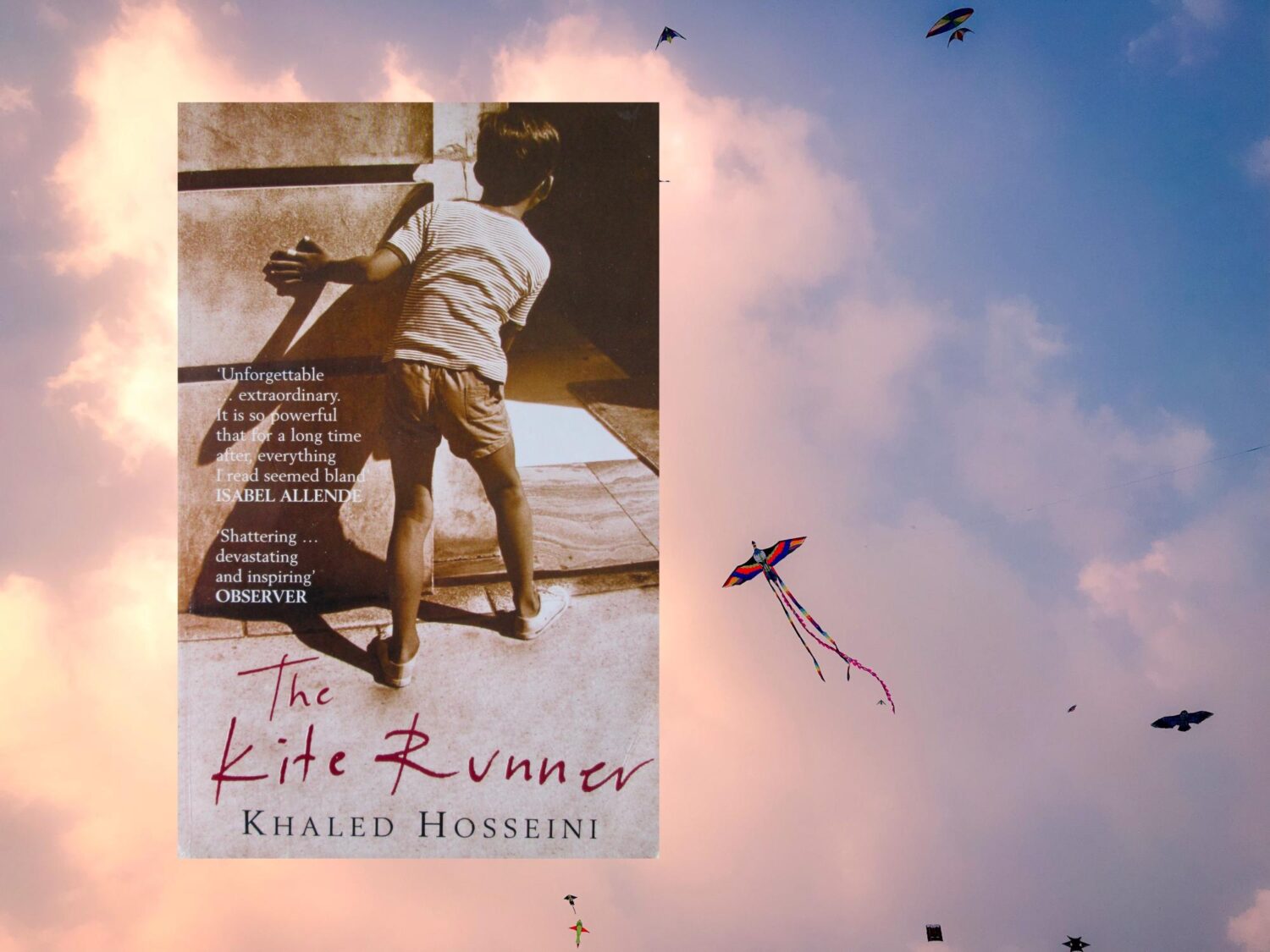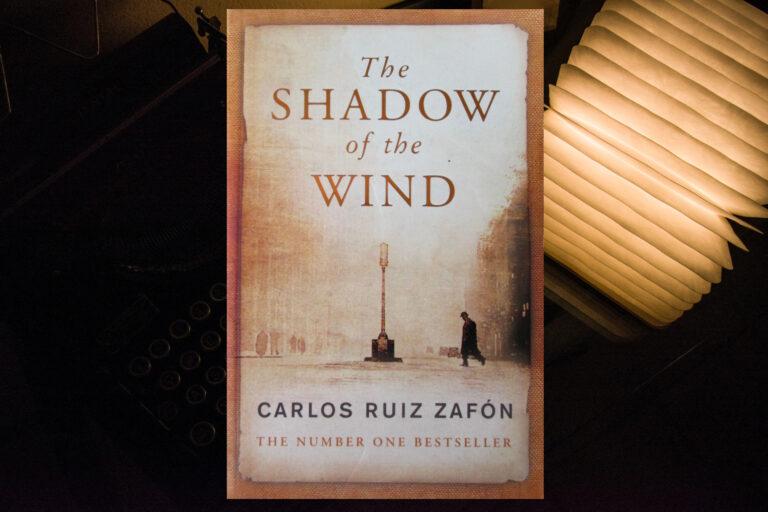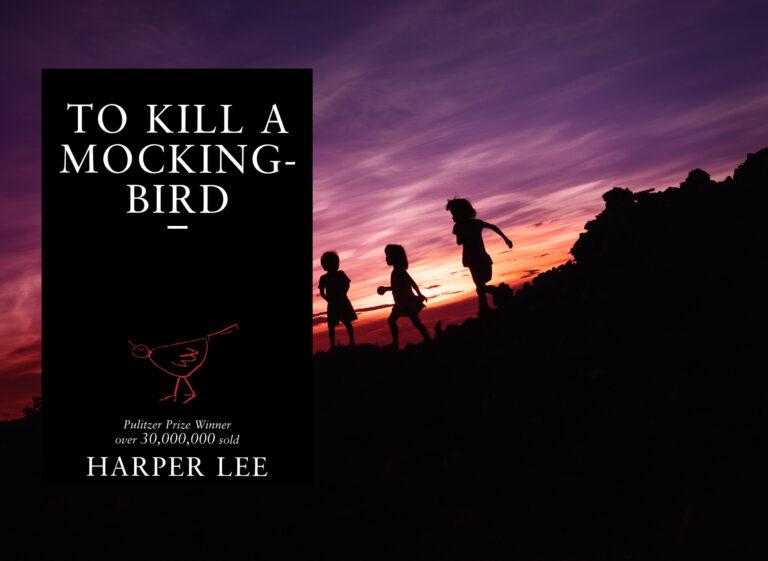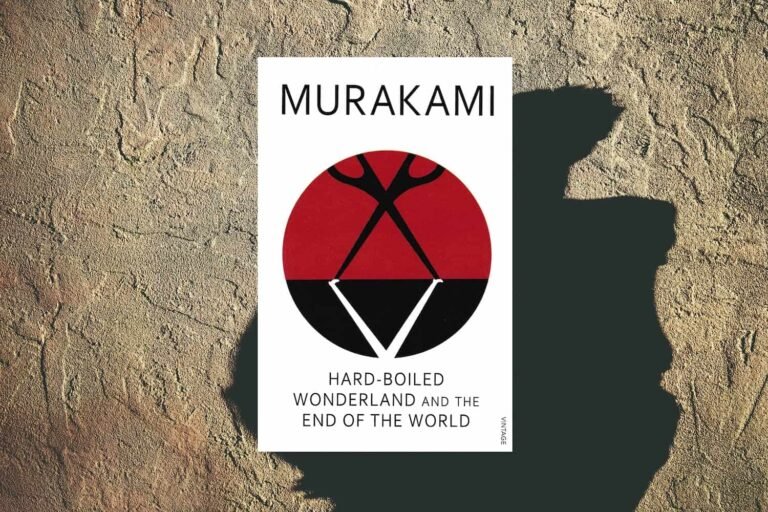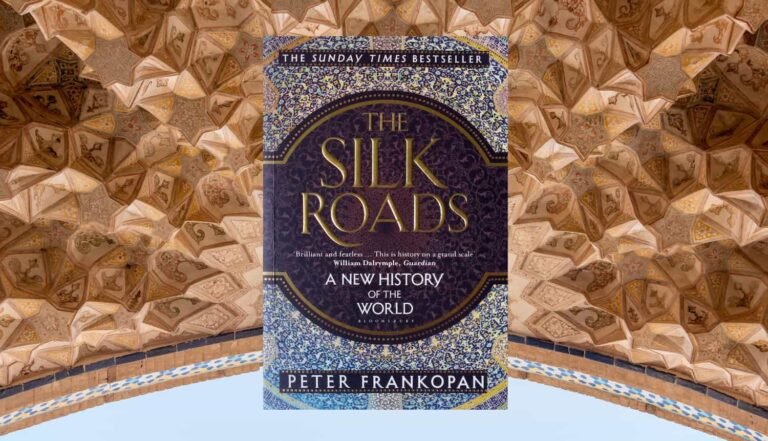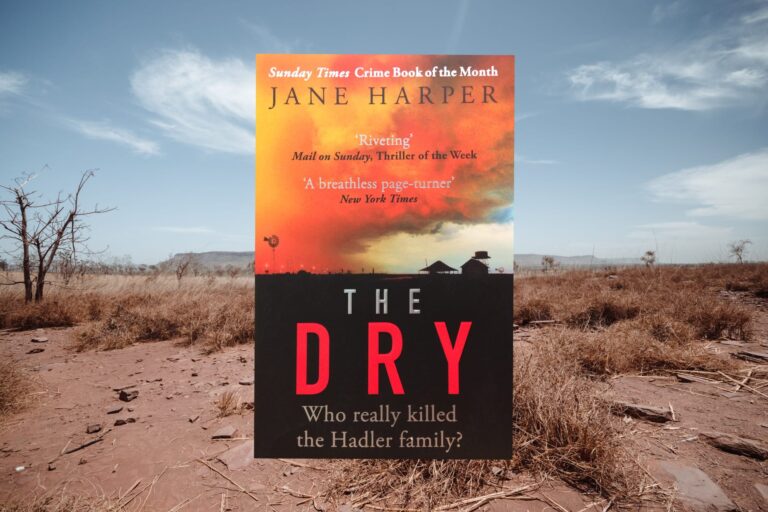Khaled Hosseini’s first novel The Kite Runner is a story based on Afghan American Amir’s life and the story traces his life from his privileged childhood in Kabul Afghanistan to alienated adolescence and settled adulthood in the United States. On this journey we see, with all its complexity, beauty and flaws his relationship with his distant father, mentor uncle, loyal servant, his troubled country, and his friendship with his unwavering friend Hassan. The story is set in the backdrop of 1970s Afghanistan, the political turmoil and communal tension and their effect on the perspectives and position of the characters makes this book a fervent homage to Afghanistan.
In the first part of the book, Amir has a relatively comfortable childhood in Kabul with his well-off and connected father, with both belonging to the Pashtun tribe which held political and socioeconomic power at the time. Their servant Ali and his son Hassan are from the minority and ethnically perceived inferior Hazara tribe. Hassan and Amir are close friends, something Amir will never admit to anyone else because of the pecking order of the different tribes. Their relationship, or lack thereof, during various phases of Amir’s life is the central guiding point of the story.
As the situation grows dire in Afghanistan, Amir and his father are forced to become refugees, first to Pakistan and then to the United States. This causes their social status to drop considerably and they have to find the strength to start all over again in an indifferent country. In the final part of the book Amir is given a chance at a semblance of redemption for the mistakes he made as a child that had devastating effects on both Hassan and his family.
Hosseini does not reduce his characters to one trait or situation. A child in a well-off setting feels unworthy and resentful of his father’s niggardly approval. A child with a friend from a lower social status does not always give himself wholeheartedly to this relationship with fairy tale innocence and happiness, but instead fears censure from the society around him and the threat to his image. An immigrant in a new country does not always passively accept what his new home gives him but brings his own beliefs and prejudices to his new home and bravely blends it with his new life. A man who looks away with pain when paid for an orphan unreservedly uses the same money for the betterment of the rest of the group. A survivor of childhood sexual abuse does not always give in to his saviours but mistrusts them.
This story boldly gives voice to these complexities, with a tender acceptance of the human struggle. The journeys and endings of the various characters in The Kite Runner are rarely happy but the novel asserts their right to a story, without judgement or partiality, and triumphs in their hard-earned victories.
Other Notable Works by Khaled Hosseini:
- And the Mountains Echoed 2012
- A Thousand Splendid Suns 2007
Book Edition Information:
Publisher: Bloomsbury Publishing
ISBN: 9780747566533
Cover Photograph: Elliott Erwitt
Presented Edition: 2004 Paperback
Background image courtesy of Phuong Uyen Vo Hoang on Unsplash

